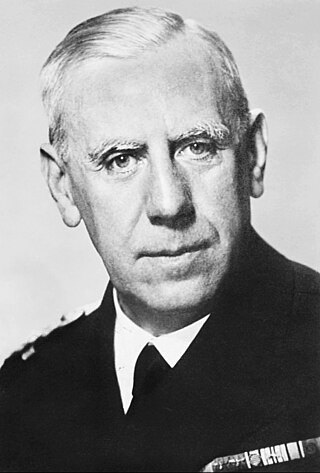
Wilhelm Franz Canaris was a German admiral and the chief of the Abwehr from 1935 to 1944. Initially a supporter of Adolf Hitler and the Nazi Party, Canaris turned against Hitler and committed acts of both passive and active resistance during World War II following the German invasion of Poland in 1939.

The Venlo incident was a covert operation carried out by the German Nazi Party's Sicherheitsdienst (SD) on 9 November 1939, which resulted in the capture of two British Secret Intelligence Service agents five metres (16 ft) from the German border, on the outskirts of the Dutch city of Venlo.
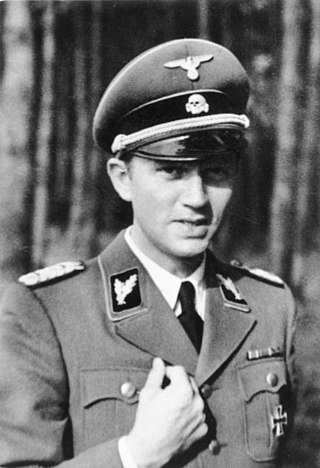
Walter Friedrich Schellenberg was a German SS functionary during the Nazi era. He rose through the ranks of the SS, becoming one of the highest ranking men in the Sicherheitsdienst (SD) and eventually assumed the position as head of foreign intelligence for Nazi Germany following the abolition of the Abwehr in 1944.

Henry Patterson, commonly known by his pen name Jack Higgins, was a British author. He was a best-selling author of popular thrillers and espionage novels. His novel The Eagle Has Landed (1975) sold more than 50 million copies and was adapted into a successful 1976 movie of the same title.
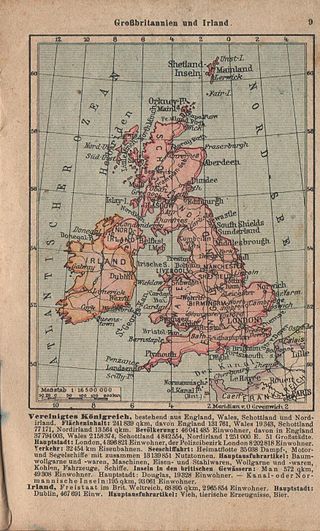
Plan Kathleen, sometimes referred to as the Artus Plan, was a military plan for the invasion of Northern Ireland by Nazi Germany, sanctioned in 1940 by Stephen Hayes, Acting Irish Republican Army (IRA) Chief of Staff.

The Eagle Has Landed is a book by British writer Jack Higgins, set during World War II and first published in 1975. It was quickly adapted into a British film of the same name, released in 1976.
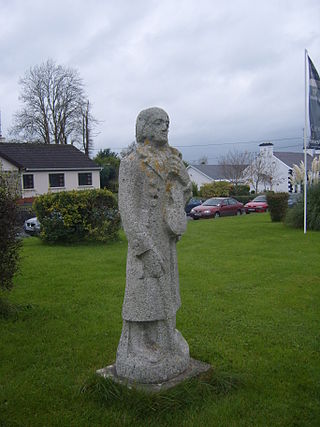
Antoine Ó Raifteirí was an Irish language poet who is often called the last of the wandering bards.

Frank Ryan was an Irish politician, journalist and soldier. He first came to prominence as an Irish republican activist at University College Dublin and fought for the Irish Republican Army during the Irish Civil War. Ryan fell under the influence of Peadar O'Donnell, an advocate of socialism within Irish republicanism, which resulted in him breaking with the IRA and becoming involved with founding a new political organisation, the Republican Congress, and editing its associated newspaper, An Phoblacht.

Flight of Eagles is a novel by Jack Higgins, set in World War II.
Sean Dillon is a fictional Irish character who is the hero of a series of Jack Higgins novels.

The Unlikely Spy is a 1996 spy novel written by Daniel Silva, set during World War II.

Breakfast on Pluto is a 2005 comedy-drama film written and directed by Neil Jordan. It is based on the 1998 novel of the same name, written by Patrick McCabe, as adapted by Jordan and McCabe. The film stars Cillian Murphy as a transgender woman foundling searching for love and for her long-lost mother, in small town Ireland and London in the 1970s.
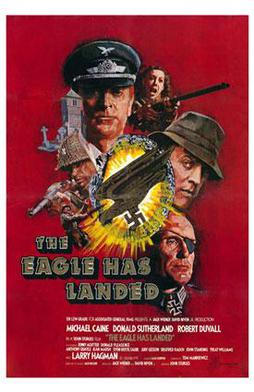
The Eagle Has Landed is a 1976 British war film directed by John Sturges, and starring Michael Caine, Donald Sutherland and Robert Duvall.

O'Devlin is the surname of a Gaelic Irish family of the Uí Néill who were chiefs in the far northeastern of the present-day County of Tyrone, bordering on Lough Neagh and the Ballinderry River. The O'Develins claimed a common descent from Develin. Develin was a scion of that branch of the clan Owen known as the Sons of Erca because of their descent from Muirchertach Mac Erca, grandson of Owen.
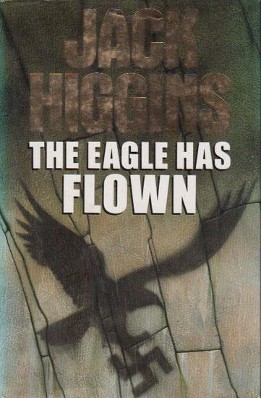
The Eagle Has Flown is a book by Jack Higgins, first published in 1991. It is a sequel to The Eagle Has Landed.

The Abwehr was the German military-intelligence service for the Reichswehr and the Wehrmacht from 1920 to 1944. Although the 1919 Treaty of Versailles prohibited the Weimar Republic from establishing an intelligence organization of their own, they formed an espionage group in 1920 within the Ministry of Defence, calling it the Abwehr. The initial purpose of the Abwehr was defense against foreign espionage: an organizational role that later evolved considerably. Under General Kurt von Schleicher the individual military services' intelligence units were combined and, in 1929, centralized under Schleicher's Ministeramt within the Ministry of Defence, forming the foundation for the more commonly understood manifestation of the Abwehr.
Night of the Fox is a 1990 made-for-TV film by Charles Jarrott, based on the 1986 novel of the same name written by Jack Higgins. It was broadcast in France on TF1.
Confessional is a British espionage thriller television miniseries starring Robert Lindsay, Keith Carradine, Simon Chandler, Robert Lang, Valentina Yakunina and Arthur Brauss. This series based on the 1985 spy novel of the same name by Jack Higgins and adapted for the television by James Mitchell and directed by Gordon Flemyng, it was produced by Granada Television for the ITV network and originally aired in four parts from 4 to 25 October 1989. The plot follows a rogue terrorist turned Soviet assassin, code named Cuchulain, trying to prevent a peace agreement between the parties involved in Northern Ireland.
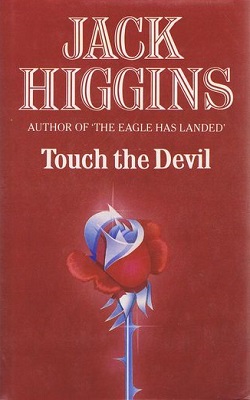
Touch the Devil is the 42nd book by British writer Jack Higgins, first published in 1982.

Maria Kruse (1908–?), better known by her stage name Lea Niako, was a German exotic dancer and actress. Niako was renowned across Europe for her dance performances in the late interwar period, from 1926 to 1933. She often performed with little to no clothes; nude dancing, or Nackttanz, was at the time popular and was seen as an artistic expression of modernity and emancipation. For her unusual and exotic performances, she garnered great attention in the international press. She also broke through into the film industry, appearing in the Portuguese film Fátima Milagrosa (1928) and the Spanish film La Carta (1931).















